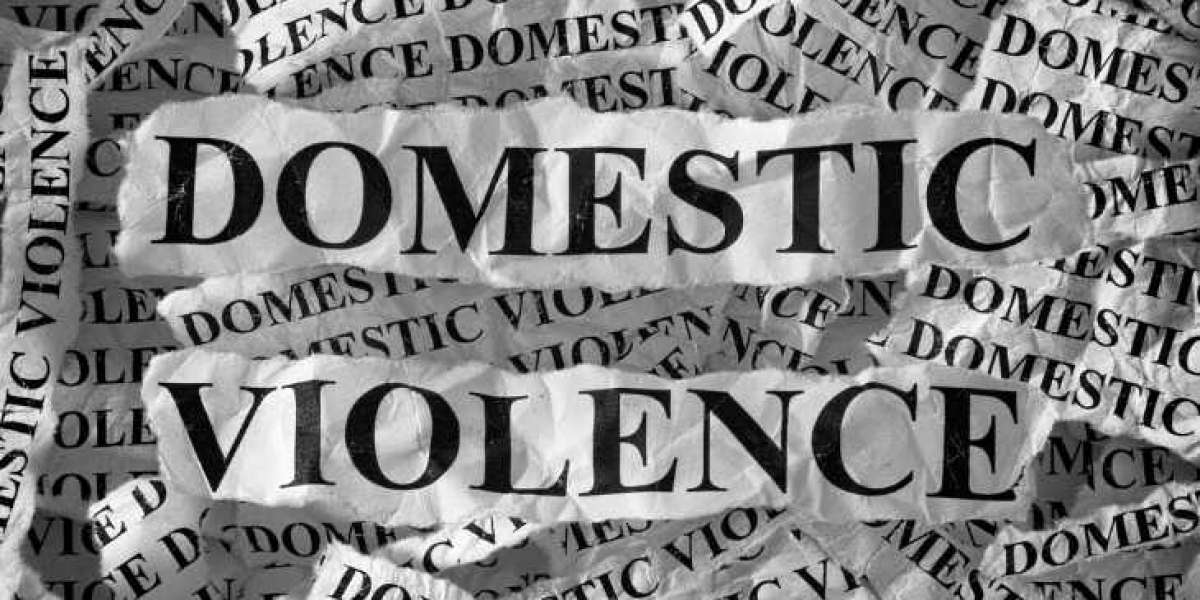Introduction
Domestic violence is a deeply concerning issue that affects countless families in New Jersey and across the nation. In an effort to protect victims and maintain the peace within households, New Jersey has enacted strict laws and regulations regarding domestic violence. This article will explore the implications of domestic violence charges in New Jersey, from the legal consequences to the importance of seeking support, guidance, and legal representation when facing such charges.
Understanding Domestic Violence in New Jersey
In New Jersey, domestic violence is defined as a pattern of abusive behavior used by one partner in a relationship to gain or maintain power and control over another. It can take various forms, including physical, emotional, psychological, sexual, and economic abuse. The New Jersey Prevention of Domestic Violence Act (N.J.S.A. 2C:25-17 et seq.) provides a framework for addressing and preventing domestic violence within the state.
The Legal Implications of Domestic Violence Charges
Domestic violence charges in New Jersey can lead to serious legal consequences. Understanding the potential ramifications is crucial for individuals facing such charges:
Restraining Orders: If a victim files a domestic violence complaint, the court may issue a temporary restraining order (TRO) to protect the victim from further harm. A final restraining order (FRO) hearing will follow, where the court will determine whether a permanent restraining order is necessary.
Criminal Charges: Depending on the severity of the alleged abuse, individuals may face criminal charges, such as assault, harassment, terroristic threats, or sexual assault. Convictions for these offenses can result in imprisonment, fines, probation, and a criminal record.
Loss of Custody and Visitation: If child endangerment or child abuse is part of the domestic violence allegations, the accused may face a loss of custody or limited visitation rights.
Firearm Restrictions: Convictions for domestic violence can result in the confiscation of firearms and the loss of the right to possess them.
Employment and Reputation: A domestic violence conviction can have long-lasting consequences for employment and personal reputation. Some employers may be reluctant to hire or retain individuals with a history of domestic violence.
Seeking Support and Legal Representation
Facing domestic violence charges is a daunting and emotionally charged experience. Here are crucial steps to take if you find yourself in such a situation:
Contact an Attorney: The first and most important step is to seek legal counsel immediately. An experienced attorney can provide guidance, protect your rights, and build a strong defense tailored to your specific case.
Understand the Charges: Your attorney will help you understand the charges against you and the potential consequences. They will work to build a defense strategy, including challenging evidence and questioning witnesses.
Comply with Restraining Orders: It is crucial to adhere to any restraining orders issued by the court, even if you believe them to be unjust. Violating a restraining order can result in further legal trouble.
Attend Anger Management or Counseling: Participating in anger management or counseling programs can demonstrate your commitment to addressing the issues underlying the domestic violence allegations.
Maintain Open Communication: Keep open lines of communication with your attorney and follow their advice closely. Be honest about your situation and any relevant details.
Conclusion
Domestic violence charges in New Jersey are not to be taken lightly, as they carry severe legal and personal consequences. It is essential to understand the gravity of these charges and the potential impact on your life. Seeking legal representation from an experienced attorney is paramount to navigate the complexities of the legal system and work toward the best possible outcome.
In addition to legal assistance, it is crucial for individuals facing domestic violence charges to seek support for their emotional well-being. Whether through therapy, support groups, or counseling, addressing the underlying issues is vital to prevent future instances of domestic violence and promote healthier relationships.
Ultimately, combating domestic violence requires a multi-faceted approach that includes both legal measures and efforts to support and educate individuals about healthier relationship dynamics.





